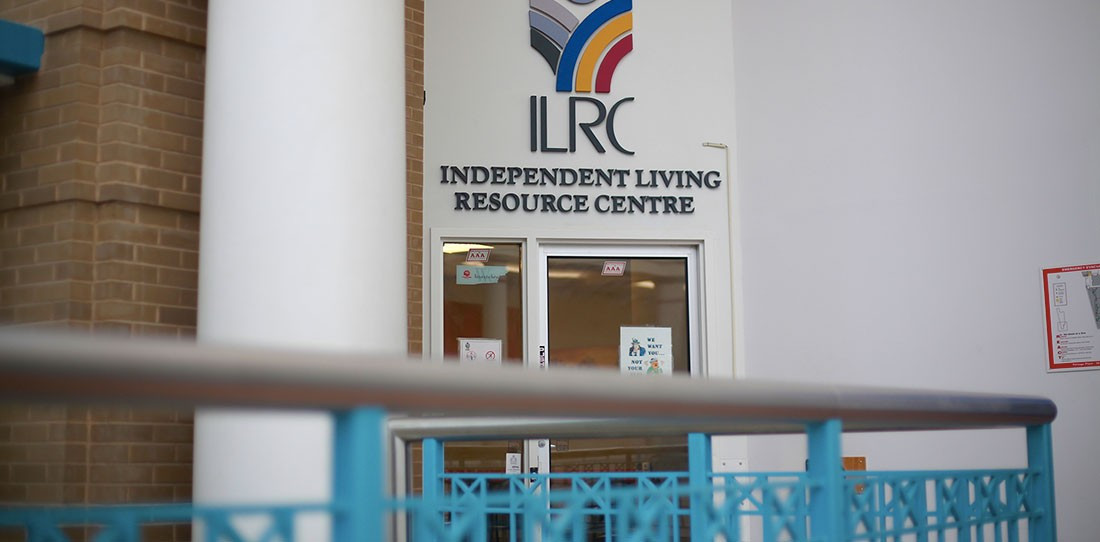The security and insecurity of bureaucracy
Disability and taxes session held as new income program concludes consultations
On Jan. 29, the Independent Living Resource Centre (ILRC) hosted an information session on disability and taxes led by Sally Massey-Wiebe of Community Financial Counselling Services.
Chelsey Sommerfield, who works with the ILRC’s Information Referral, Independent Living Skills, Peer Support and Volunteer programs, says the sessions are an important part of supporting independent living.
“Knowing what you’re eligible for for tax credits and refunds is very important,” she says. “If you live with disability on Employment and Income Assistance (EIA), you get a little bit now, but it’s definitely not much.”
“Part of independent living is having a knowledge of what’s available and being able to live your life how you want to. (This) disability and taxes (workshop) gives them that information that they may benefit from.”
Massey-Wiebe, who has led the session for several years, says “when someone has a lot of these costs in just trying to do life, it may impact their tax returns.”
Taxes can be especially stressful “when you have a lot of expenses or claims that could be made on a tax return that you’re not familiar with, especially if your health challenge is new and recent, and you’ve never had to deal with it before. That can add stress to an already challenging circumstance,” she says. “Taxes can be essential to someone’s well-being.”
The session comes as the Government of Manitoba wraps up an online consultation period for a possible new income program for people with long-term or chronic disabilities that would be seperate from EIA.
Sommerfield says she would like to see more funds for the new program, “as people with disabilities have more needs, and living on a welfare system is very difficult.”
“EIA wasn’t built to be a permanent solution, but an interim program, so it definitely needs to be adapted for people who need to be on it long-term or for life,” she says.
Sherry Ritchot, chairperson of the Manitoba League of Persons with Disabilities (MLPD), said in an email statement that while there are hopes that a new program would make it easier and clearer to receive benefits, “grave concerns have been put forward from disabled persons that they will simply fall through the cracks and not be granted access to the ‘new program,’ yet fall out of the old program,” forcing many to jump through expensive and physically taxing medical and bureaucratic hoops to prove that they have disabilities and are eligible for assistance all over again.
“If the consultations were really serious about getting insight on disability issues, they would contact MLPD directly for an interview and say ‘this is what we are proposing. You as MLPD represent 500-plus disabled persons. What are your insights as to our plan?’ This never occurred. It is welcomed by MLPD, but (meetings) never occurred.”
Ritchot says, ideally, anyone who has been on disability EIA for more than two years would be grandfathered into the new program, but at this point, there has been no guarantee of that. “The other large fear is that benefits will be lost to those who do not ‘qualify’ according to EIA workers for the new program,” she says.
Published in Volume 74, Number 16 of The Uniter (January 30, 2020)








